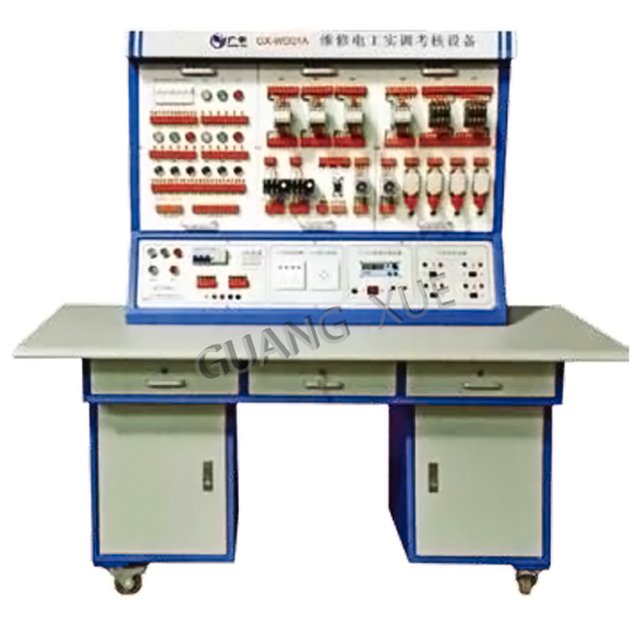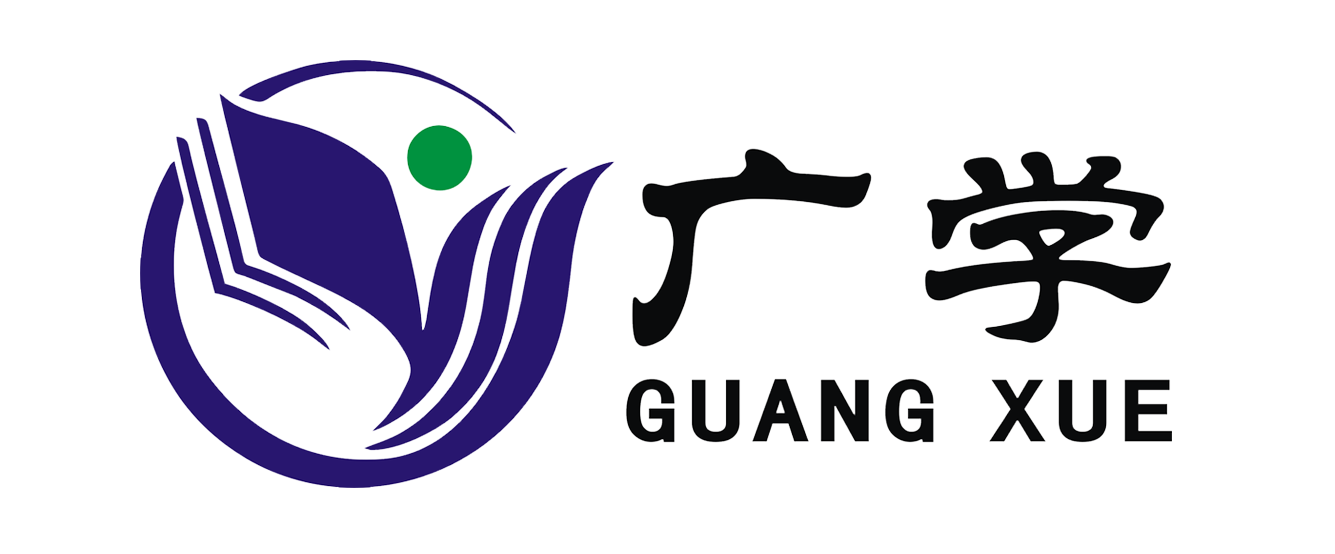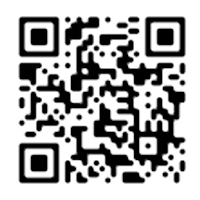


一、Product Overview
This set of equipment is developed in accordance with the latest national "Occupational Standards" and the training and appraisal requirements of the "Electrical Technology Level Certificate" and "Electrical Practical Operation Certificate" issued by the Ministry of Labor. At the same time, this set of equipment follows the principle of combining "training and appraisal" and "hardware and software", and complies with the latest "Training Equipment Industry Standard" issued by the Ministry of Labor and Social Security of the People's Republic of China. Suitable for teaching and training, practical assessment, and skill appraisal in various vocational schools, technical schools, vocational schools, labor training, and skill appraisal units. This set of equipment adopts the internationally commonly used modular design, a new concept of modular application, and adopts the national patent "touch bead" installation structure new technology. Teachers can form different training content according to different professional modules to achieve different "teaching", "training", and "examination" purposes. The combination is simple and convenient to use, the layout is scientific, tidy, and beautiful, and the expansion and upgrading are easy. This set of equipment includes training and appraisal content on electrician fundamentals, device analysis, instrument tools, wiring technology, electronic circuits, electrician lighting, electric traction, electric shock first aid, safety and fire protection, and power transformation and distribution technology. At the same time, the equipment is also equipped with "skill textbooks" and "multimedia demonstration simulation software" and "intelligent assessment software" published by the Ministry of Labor of the People's Republic of China. Through the supporting multimedia equipment, teaching and student practical operation simulation are vividly and vividly demonstrated, enhancing students' learning interest, deepening and consolidating their theoretical knowledge, improving their practical skills, and meeting the requirements of vocational training and skill appraisal.
二、Technical Parameter
1. Working power supply 1. Overall dimensions: length 1400mm x width 500mm x height 1500mmZZ;
2. Three phase five wire AC power supply;
3. Capacity<1.5kVA;
4. Working environment: temperature -10 ℃~+40 ℃, relative humidity<85% (25 ℃), altitude<4000m;
5. The main body is made of 4040 * 3.0 square steel pipes;
6. The desktop is wrapped with 25mm duck mouth edge fireproof board;
7. The mesh plate is made of 1.5mm stainless steel plate with high-precision laser cutting;
8. High strength universal wheels with brakes;
9. The accessory cabinet is wrapped with fireproof boards;
10. Mesh plate size: 640mmX500mm。
三、Practical training projects
1.Socket and one switch control one lamp (incandescent lamp, fluorescent lamp+two pole leakage switch)
2.Two dual switches control one lamp (incandescent lamp, fluorescent lamp+two pole leakage switch)
3.Three switches control one lamp (incandescent lamp, fluorescent lamp+two pole leakage switch)
4.Three phase cage motor contactor inching control circuit
5.Control circuit for unidirectional operation of three-phase cage motor
6.Three-phase cage motor dual control unidirectional operation control circuit
7.Single-phase cage motor split phase starting control circuit
8.Capacitor Starting Control Circuit for Single-phase Cage Motor
9.Single-phase capacitive electric fan control circuit
10.Measuring the Current of Three Phase Cage Asynchronous Motor with a Clamp Ammeter
11.Measuring the rotor current of three-phase wound asynchronous motors using a clamp type ammeter
12.Measuring the Starting Current of a DC Motor with a Clamp Ammeter
13.Using a multimeter to determine the quality, polarity, and material of a diode
14.Using a multimeter to determine the quality, polarity, type, and material of a crystal transistor
15.Measure the resistance with a multimeter
16.Using a multimeter to determine the quality of the battery
17.Use a multimeter to judge the quality of capacitors and compare their capacity
18.Using a multimeter to determine the beginning and end of the stator winding of a three-phase asynchronous motor
19.Direct start control of three-phase motor
20.Three phase motor inching control
21.Three-phase motor self-locking operation control
22.Inching and continuous operation control with ammeter
23.Dual control of charged energy meters
24.Unidirectional operation reverse brake control
25.Time relay control motor Y/△ voltage reduction starting control
26.Automatic round-trip travel switch control of workbench



